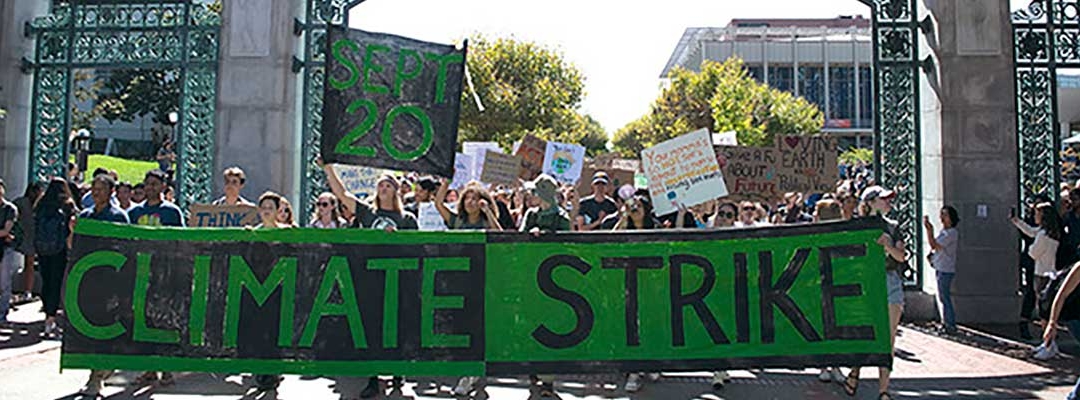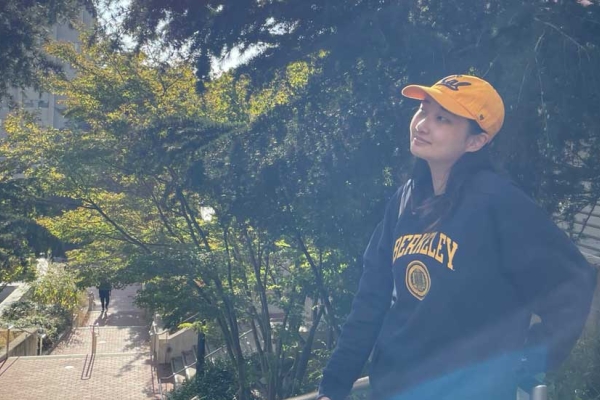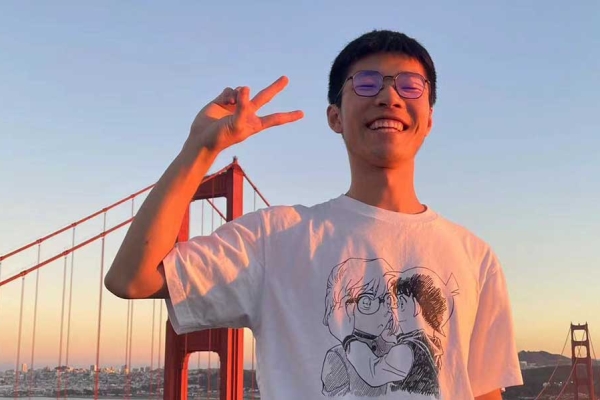I’m Samantha Sepulveda, a Mexican university student majoring in Economics. I studied at Technological Institute of Monterrey (ITESM) in Monterrey, Mexico, and then worked in the corporate world as a data analyst for startups.
In January 2022, as my last year of studies as a senior, I moved to California to study at UC Berkeley with the Berkeley International Study Program (BISP) and also became a Berkeley Global Ambassador.
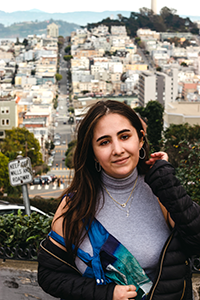
Economics Is Not Rocket Science. It's Social Sscience to Understand People's Needs and Their Distribution
As a student who has seen economics as mostly math-based—such as equations for maximum output, reducing costs, and with the results deciding what would be best for the company or government—I never really had a focus on the humanity side of it until I arrived at UC Berkeley. I am fortunate enough to learn from Nobel laureates about Global Inequality and examine the Contemporary Theories of Political Economy that dictate our day-to-day lives under the free market.
As some companies may see people as costs or precious commodities to acquire, we often forget the sociological aspect behind it. Not only are there financial losses when we are faced with an economy under the pressure of a pandemic, but there is also human loss and environmental loss.
My professors here have opened my eyes to a long history of labor unions, industrialization and privatization that has succeeded where governments failed but also delayed humans rights to an equal life and opportunities by many years. It is very well known that UC Berkeley was and is a place for change; there was the famous Free Speech Movement that set a pattern for students here to fight for their rights and a better life. There is no perfect recipe when it comes to economic disaster, as some may blame the government, lobbyists, the big tech companies, unpreventable industrialization and many more, which is why it is now more urgent than ever to bet on a sustainable economy.

So, What Is a Sustainable Economy?
A sustainable economy focuses on providing a good quality of life for everyone while also taking care of the environment by limiting global warming to stay below a 35.6°F threshold. As San Francisco and the areas surrounding it birth more and more startups, creating more employment opportunities as well as economic growth, there is a sociological aspect often ignored: As the companies grow, land becomes more expensive and those around it can no longer live here.
As you can see, economic growth is a double-sided movement: Some are benefited and some are not, so how can we ensure that all those involved are benefited?
First, be informed and inform others; my professors here have made sure that all students are informed about labor unions, student rights, policy changes and most, importantly, citizen participation.
How Will I Further This Movement After UC Berkeley?
Well, when I come home, I will first inform all those around me about the current problem faced in my community, which is extreme water scarcity due to unrestricted industrilization in my city. Then, we will incentivize citizen participation within communities to urge government actors to act upon this problem and inform them of ways to have a sustainable economy, such as implementing pigouvian taxes to companies that choose to further hurt the environment.
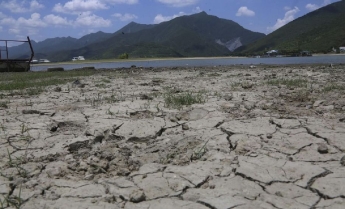
The fight is not over. As my classes in UC Berkeley have taught me, there is a long way to go to ensure a quality life for everyone. We must first start with those around us to make sure they have access to basic necessities such as food, water, shelter, education, health, employment and more.
I have also learned that it all starts with us: We are the generation of change in the world. We are the first generation that can end extreme poverty and we are the last that can address climate change.
